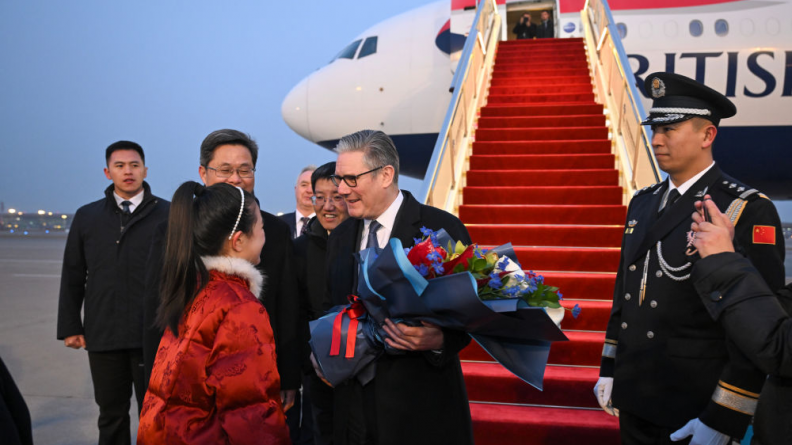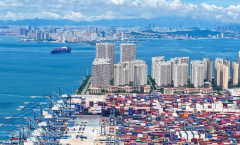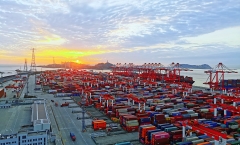China’s Year in Words: What Media Buzzwords Reveal About 2025
The 10 buzzwords of 2025 suggest that in this year, China’s story was not told through a single headline, but through a shared vocabulary that captured how the country navigated change, addressed challenges and prepared for what lies ahead.

 Facebook
Facebook
 Twitter
Twitter
 Linkedin
Linkedin
 Google +
Google +











